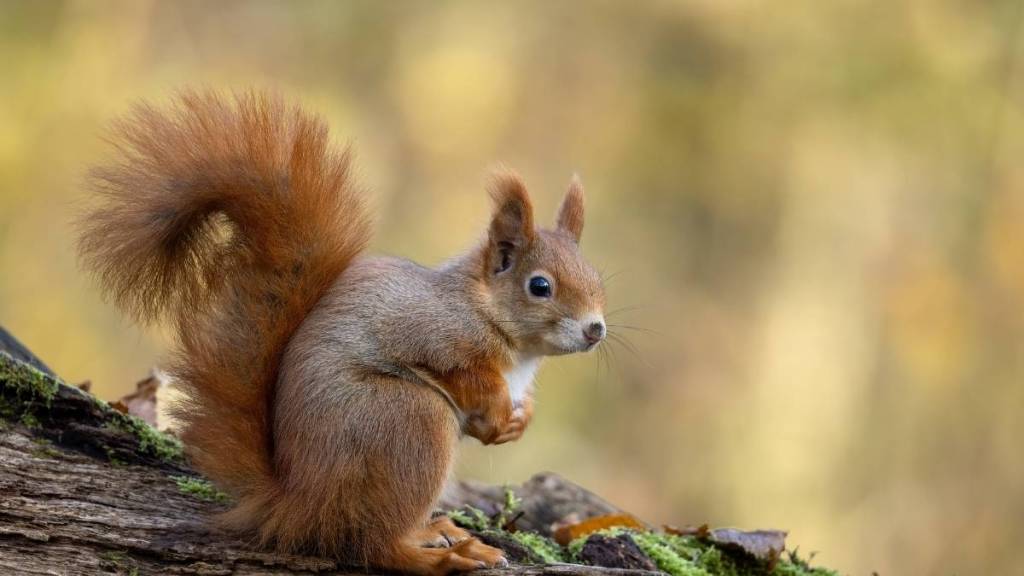Disturbing sightings of gray squirrels suffering from tumors are spreading across neighborhoods in the United States. They have been photographed with bald patches, wart-like growths, and severe wounds. Reports of these cases have sharply increased this year, prompting concern among residents.
Zombie-like squirrels infiltrate backyards across the US
Across several states in the U.S., gray squirrels are being spotted with unsettling physical deformities that have left residents alarmed and social media buzzing. The animals, often described as resembling “zombies,” have been photographed with bald patches, wart-like tumors. In some cases, open wounds seems to be leaking pus (via Daily Mail).
Reports of these sightings first surfaced in 2023 but have increased significantly this year, with documented cases in Maine and Canada. The disturbing images have gained wide attention on platforms such as Reddit and X (formerly Twitter), where users have shared their concern over the squirrels’ condition.
Wildlife biologists have identified the illness as squirrel fibromatosis, a viral disease caused by the leporipoxvirus. The virus primarily affects gray squirrels, producing tumors that can grow on different areas of the body, including the head, legs, eyes, and reproductive organs. Experts also believe that bird feeders may be contributing to the rapid spread of the virus.
Although the condition can look severe and occasionally leads to fatalities when infections spread internally, experts stress that most squirrels eventually recover. Once healed, they do not contract the disease again. The disorder is often mistaken for squirrel pox, a condition that primarily affects red squirrels. However, the biologists have clarified the current outbreak is limited to gray squirrels.
Despite its frightening appearance, the disease is not considered a threat to humans, domestic animals, or birds. Shevenell Webb of the Maine Department of Inland Fisheries and Wildlife explained that people should not attempt to capture or treat affected squirrels.
In an interview with the Bangor Daily News, Webb emphasized that the illness typically resolves naturally within four to eight weeks. However, recovery may take longer if the animal suffers secondary infections.









